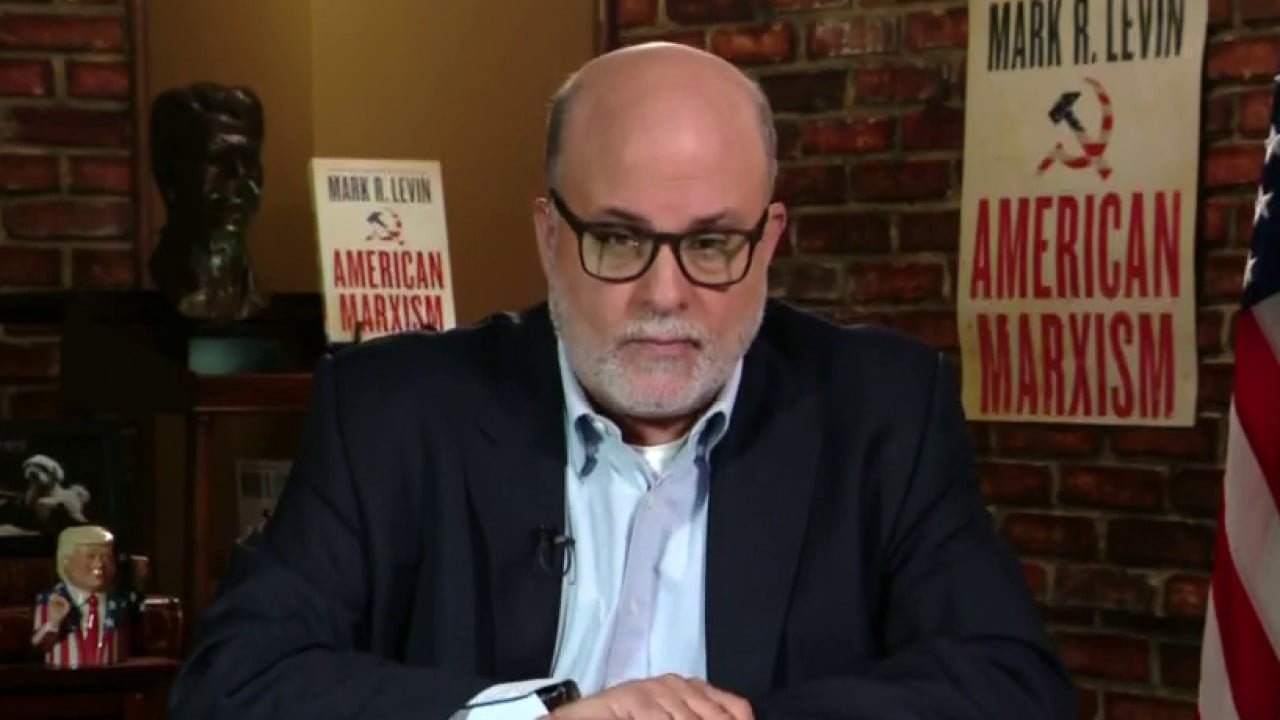After a remarkable 25-year run as the voice of Milwaukee’s daily radio talk show, 620 WTMJ host Jeff Wagner is now bidding farewell. With deep gratitude, he extends his heartfelt thanks to Good Karma Brands, dedicated colleagues, steadfast partners, and his unwavering fans.
Wagner’s radio career started during the “Golden Age of Talk Radio.” It was a time when stories flowed like a torrent, from the Clinton-Lewinsky scandal to the seismic shock of 9/11, where global events and local issues converged. This extraordinary period allowed him to connect with his audience, and he considers himself fortunate that they’ve stood by his side.
Jeff Wagner is optimistic about the future of spoken word radio, which he considers a durable and powerful medium. While the prospects for music radio and other alternatives are uncertain, one constant is that people look for different perspectives during pivotal events. Local spoken word radio remains an essential component, and WTMJ’s unwavering commitment to delivering local content for the past 25 years sets them apart from others.
Jeff Wagner firmly believes there’s still a treasure trove waiting to be unlocked in well-executed spoken word radio. However, he’s concerned about the next generation of talk show hosts. Is the industry nurturing the talent needed to take the reins when the time comes?
In an interview with Barrett News Media, Jeff Wagner reflects on his 25-year career at 620 WTMJ during the “Golden Age of Talk Radio”. He discusses how his legal background helped him simplify complex concepts and his firsthand experiences during historic events.
Additionally, he voices concern over the increasing tribalism within the industry and emphasizes the importance of local spoken-word radio. Lastly, he highlights the need to nurture the next generation of talk show hosts in the face of consolidation.
Ryan Hedrick: You have had a remarkable career at 620 WTMJ. Could you describe what the last 25 years have been like for you?
Jeff Wagner: It’s gone by in the blink of an eye. I’m a lawyer by trade. When I took the full-time job, I thought that I was going to do it for a year or two while I figured out what I wanted to do with my life; the next thing that I knew, it was 25 years later. It’s been a whirlwind, and it’s been incredible. There are not too many people around who have the chance to do this in their hometown, in essentially the same time slot for 25 years. I feel very blessed, and I mean that sincerely.
RH: Do you have one memory in your radio career that stands out?
JW: I started doing this in what I describe as the ‘Golden age of talk radio’ in 1998. We were coming out of the Clinton/Lewinsky (scandal), then you went into the Bush/Gore election. Then there was 9/11. It was an amazing period where we had all of that stuff going on in the world. We had some big local issues.
All this happened in a couple of years, and I got to be at the epicenter of this. Candidly, it’s one of the things that helped me find an audience, and thankfully, that audience has stayed with me for a couple of decades.
RH: Does your legal background help you simplify complex concepts for your audience in on-air segments?
JW: There’s no question about it. I was a federal prosecutor, and one of the things that I pride myself on, even in the world of talk radio, there’s not a right or a wrong; there’s a better or a worse. If you’re going to be any good at being a lawyer, you always have to be able to see the other side, and you have to be able to respond to issues that is going to come up with. .
There’s no question that analytical thinking helps me when I’m looking at a particular topic and saying, ‘Okay, well, what’s the position?’ ‘What do I feel?’ At the same time, what do I want to say? I can’t think of a better training ground to be a talk show host than a lawyer.
RH: As a former federal prosecutor, what competitive edge do you have over other talk show hosts?
JW: I lived that life; I was in the courtroom. That’s one of the things early on that helped me get established. I’m not talking about stuff from the perspective of a journalist, for example, who’s covering it; I am covering it from the perspective of here is what it’s like. It’s just a different perspective.
To use a sports analogy, it’s why you have former Major Baseball players doing sports commentary. I am a baseball fan, but I have never lived that life. I don’t know what it’s like to go on the road with a baseball team, and most people don’t know what it’s like to be in a courtroom or in a room sitting, running wiretaps, and listening, and what it takes to get search warrants. There is no substitute for having done it.
RH: How has the landscape of talk radio evolved since you first entered the industry 25 years ago?
JW: We’ve become more tribal. We’ve lost the ability for nuance. I don’t believe there’s always a right or a wrong. Most times, there’s a better or a worse, but nowadays, we don’t see things like that. It’s either all or nothing. I consider myself to be a conservative center-right talk show host.
If I say anything critical of Donald Trump, a portion of the audience will thankfully still listen, but they will say, ‘How dare you say anything bad about Donald Trump.’ On the other, if I defend Trump or some of his policies, I hear from everyone else. There’s just no nuance anymore. I appeal to the people willing to think through issues, and maybe that’s cost me some listeners through the years. It’s easier to toe party lines, but to me, that’s boring, and that’s not real.
My philosophy over the years has been, I am going to tell people what I think, I’m going to explain why that is, defend my positions, and if you don’t like it, fine, and if they don’t listen, I’ll live with it.
RH: How is 620 WTMJ managed differently under Good Karma ownership compared to E.W. Scripps?
JW: When I started, it was Journal Broadcast Group, which was employee-owned, and it was wonderful. It was a great place to work. What ultimately happened is we ended up going public, and that was a different experience because once you went public, there were a lot of short-term concerns.
So, I loved being employee-owned. When Scripps took us over, Scripps was a wonderful company to work for and treated us very well; Scripps was a TV company. Scripps bought Journal Communications because they wanted the TV properties; they had gotten out of radio a number of years before.
With Scripps, we were always at the kid’s table. We were profitable, but we were a TV company. It was inevitable to do what they did and sell off the properties.
Good Karma is committed to local radio; it’s a wonderful place to work. I don’t have to say this because I am leaving, but I always tell people if you’re interested in the industry and you have a chance to work for Good Karma, do it because it’s the most employee-friendly place that I have ever worked at. They do care very much about their employees, and they show that in many ways.
RH: How will you feel next summer when the Republican National Convention comes to Milwaukee, and you’re not on air?
JW: When I was trying to come up with a decision [to retire], I was thinking, do I want to hang around for another year through the election and stuff? What is the sense of stalling? I’m ready to get on and do other stuff in my life because there’s always going to be another election; that’s the great thing about news/talk; there’s always something else. I’m going to miss it.
At the same time, there might be opportunities out there. Even though I am stepping back from full-time, I’m looking into whether there are a few places across the country that need someone like me to fill in. I’m not sure if I am completely walking away from the microphone; we’ll see how that all works out.
RH: What is your one biggest concern for the industry moving forward?
JW: Consolidation. I am a huge fan of spoken word radio. Spoken-word radio will be viable. I don’t know where music radio is going, and things like that with all of these alternatives, but people are always going to, when events happen, want to go to places where they can hear perspective.
To me, local spoken word radio is the key. WTMJ has always committed over the last 25 years to be local. Would it have been cheaper to bring in some syndicated show? Absolutely. They have always made that commitment to being local. I would hate to see us lose that. From a business perspective, there’s still a lot of money to be made by spoken word radio for people who do it right.
I’m also worried about where the next generation of talk show hosts is going to come from. The industry has not done a very good job of developing who is going to replace us when we start pulling back.







